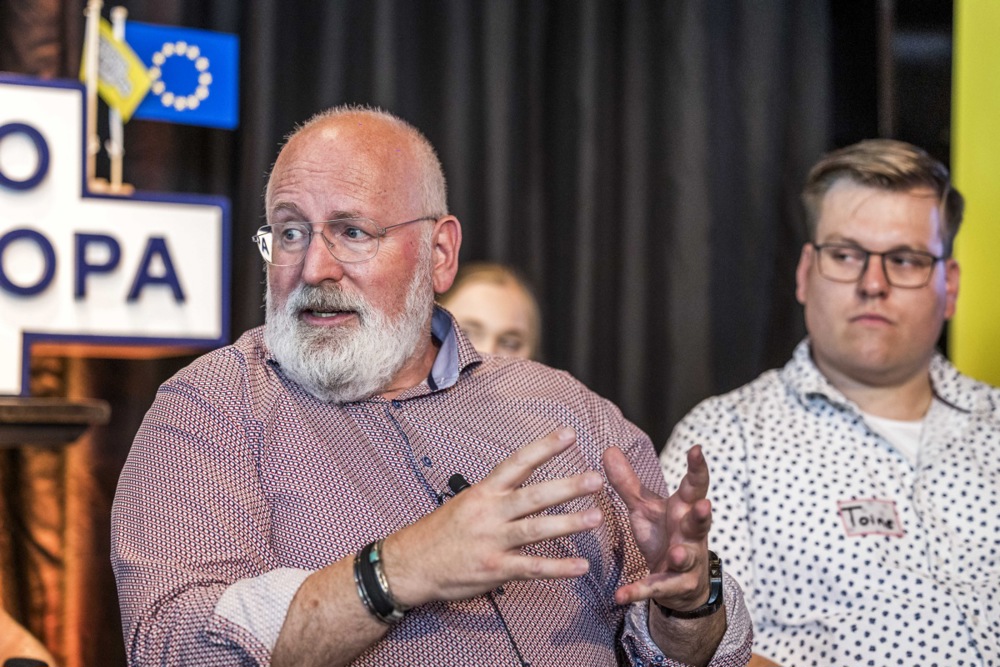Universities in the Netherlands are ditching the “cum laude” (with distinction) title for the best-performing medical graduates in the hope of reducing pressure on students and the risk of “burnout”.
The University of Amsterdam has scrapped the title for medical degrees and three other Dutch universities are considering doing the same. That would mean half of the nation’s medical institutions would not be able to confer the distinction for “outstanding” to graduates anymore.
UMC Utrecht and the medical faculty in Maastricht told local newspaper Trouw they were considering ending the honour for students, along with Erasmus MC in Rotterdam. They want to lessen the “performance pressure” on students, as they say studies show that a quarter of bachelor and similar students are at risk of burnout.
Handing out a limited number of cum laude accolades further fuels competition between students, it is claimed.
“We see that performance pressure among students is high,” said Clara Drenth, programme coordinator at UMC Utrecht.
“Cum laude is not the only cause of stress, but it does contribute to it. For example, we notice that students sometimes do not dare to ask for feedback during their co-supervisions in the hospital,” she said.
“They are afraid that such a question will be seen as doubt, and that this will ultimately result in a lower grade and thus no cum laude. That fear gets in the way of the learning process.”
The University of Amsterdam ended the honour in September 2022. Internal evaluations concluded that decision was well received. The establishment has since gone further and abolished scores altogether, introducing the qualifier “fulfilled” or “not fulfilled” for students at the end of their studies.
Not all universities seem set on the idea. The Dean of Leiden University Pancras Hogendoorn said his medical students want to keep the title, saying they can make a positive difference for their careers after they leave.
“By no means all students want to get rid of cum laude,” he said. “I also know some who say: ‘I want to be able to distinguish myself.’ After all, you stand a better chance of winning a big research grant, a place at a sought-after specialisation, or at a top foreign university.
“I think it is premature to tie the knot now, because you can’t just go back. Let’s have the discussion first,” he added.
Pim den Boon, chairman of The Medicine Student, a student union, said: “We unfortunately live in a time when students seize everything to distinguish themselves, and when your fellow student has become a rival.
“As a result, many students live in continuous fear that they are not well enough. That is a fundamental problem we need to find a solution to.”
He added that if it was up to him, all medical educational facilities in the Netherlands would abolish cum laude as soon as possible.
Other representative student organisations are positive about the abolishing of academic honours. “This allows us to move away from education as a scoring factory, in which only students with the highest grades come out on top,” said the president of the Interstedelijk Studenten Overleg (ISO) Demi Janssen.
“We want to emphasise learning, rather than performance,” she added.





